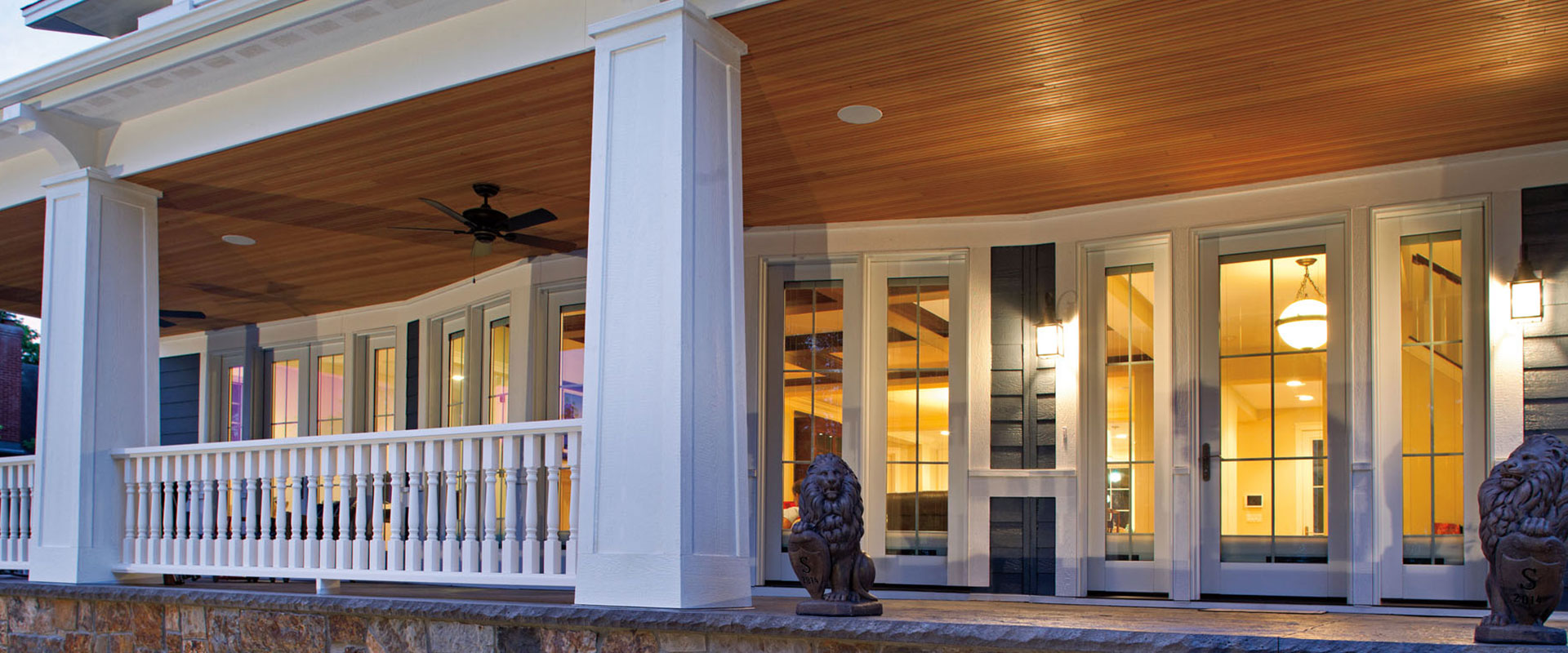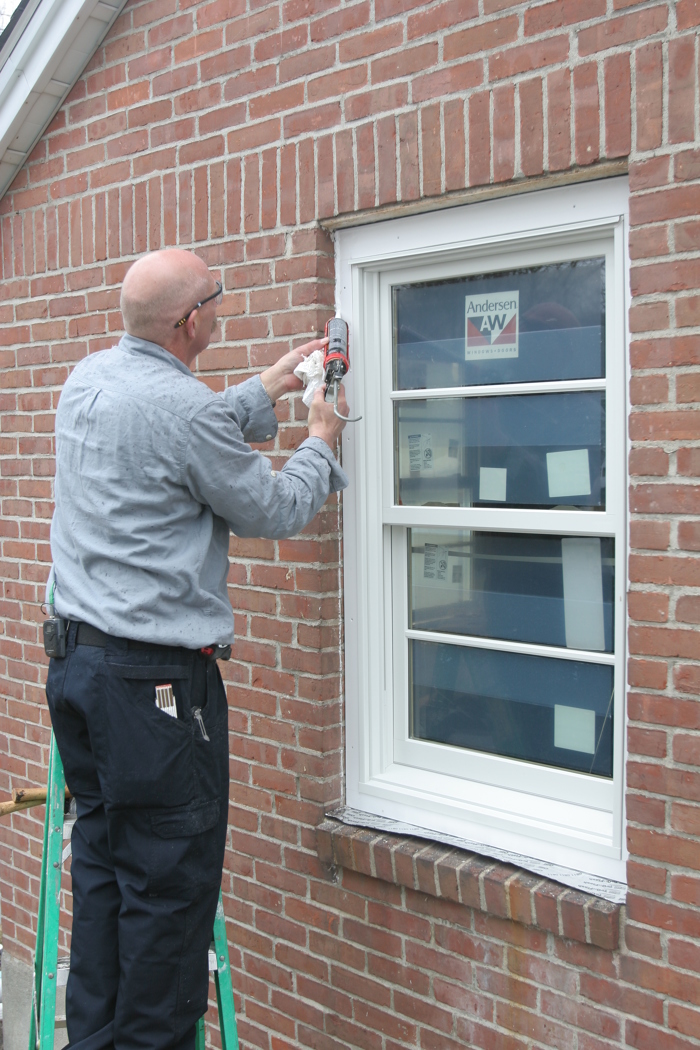Upgrade Your Home With Energy-Efficient Window Replacements
In the realm of home enhancement, the choice to update to energy-efficient home window replacements can significantly influence both the functionality and appearances of a home (Houston window replacement). As home owners seek methods to improve the performance and sustainability of their space, the selection of windows plays a crucial function in attaining these goals. Past the surface degree of simple aesthetic appeals, energy-efficient home windows offer a multitude of benefits that go past plain curb charm. With a cautious selection procedure that takes into consideration various elements, from glass types to setup strategies, starting this home upgrade journey could show to be a transformative venture.
Advantages of Energy-Efficient Windows

The setup of energy-efficient home windows offers significant cost savings on energy costs while enhancing ecological sustainability. In addition, energy-efficient windows can help regulate dampness levels within the home, minimizing the risk of mold and mold growth.
Past the economic advantages, energy-efficient home windows add to ecological sustainability by decreasing carbon exhausts linked with power manufacturing. In general, spending in energy-efficient home windows not just boosts the convenience and performance of a home but additionally straightens with eco aware techniques.
Kinds of Energy-Efficient Glass
Different advanced sorts of energy-efficient glass offer special homes that satisfy different requirements and preferences in enhancing the sustainability and performance of structures. Low-emissivity (Low-E) glass is a prominent choice created to lessen the amount of ultraviolet and infrared light that can go through the glass, thereby reducing warmth transfer. This sort of glass helps keep a regular indoor temperature level, minimizing the need for home heating or cooling down systems, and eventually reducing energy prices. One more innovative alternative is spectrally selective glass, which allows noticeable light to pass with while blocking particular kinds of infrared radiation. This assists in preserving a comfy interior environment while decreasing warm gain. Triple-pane glass, containing 3 layers of glass with shielding gas between them, provides improved thermal insulation, making it extremely energy-efficient. In addition, self-cleaning glass with a special covering that damages down and loosens dust when exposed to sunshine can reduce upkeep needs and maintain windows looking tidy. Each type of energy-efficient glass uses unique advantages, enabling property owners to pick the most appropriate alternative based upon their specific demands and objectives.
Aspects to Consider When Choosing
When contemplating energy-efficient home window replacements, it is important to carefully examine particular variables that line sash window spring balance repair up with your sustainability goals and wanted power savings. The U-factor measures exactly how well the window insulates, with lower numbers suggesting much better insulation, while the SHGC suggests the window's ability to block warmth from sunlight. By meticulously assessing these elements, you can select energy-efficient windows that boost comfort, minimize power costs, and benefit the setting.
Installation and Maintenance Tips

Normal upkeep is crucial to protecting the efficiency of your energy-efficient more tips here home windows. Evaluate the home windows occasionally for any indications of wear, damages, or sealer deterioration. Tidy the structures, tracks, and glass regularly making use of mild soap and water to remove dust and crud that can impact performance. Examine the weather-stripping and seals for any kind of voids or rips and replace them if needed to maintain the home windows' power efficiency.
In addition, oil moving components such as locks and joints to make sure smooth operation. By complying with these installation and upkeep suggestions, you can enhance the energy performance of your home and extend the life expectancy of your energy-efficient windows.
Cost-Benefit Analysis of Upgrading

Energy-efficient home windows are designed to reduce heat transfer, reducing the need for home heating and cooling down systems to work overtime. This can result in substantial financial savings on power expenses, particularly in areas with severe temperatures. Additionally, energy-efficient home windows can enhance the total value of your home, making it much more attractive to description potential customers if you determine to offer in the future.
When determining the cost-benefit analysis, consider the potential financial savings on energy bills, any kind of offered incentives or rebates, and the life-span of the windows. While the first expense may be greater, the long-term financial savings and benefits of energy-efficient windows make them a smart financial investment for house owners wanting to boost their building's energy effectiveness and value.

Final Thought
In final thought, updating to energy-efficient home window substitutes offers many advantages such as reduced power consumption, enhanced convenience, and price savings. By choosing the ideal kind of energy-efficient glass and considering elements like framework material and setup, house owners can optimize the performance of their windows.
When contemplating energy-efficient window replacements, it is crucial to meticulously analyze particular aspects that straighten with your sustainability goals and preferred energy cost savings. The U-factor steps exactly how well the window insulates, with lower numbers showing far better insulation, while the SHGC shows the home window's capability to block heat from sunshine. By thoroughly reviewing these aspects, you can select energy-efficient home windows that improve comfort, lower energy costs, and benefit the setting.
While energy-efficient home windows may have a higher upfront price contrasted to standard windows, the lasting advantages commonly exceed the initial financial investment.In final thought, updating to energy-efficient window substitutes uses various advantages such as minimized energy intake, enhanced comfort, and price savings.